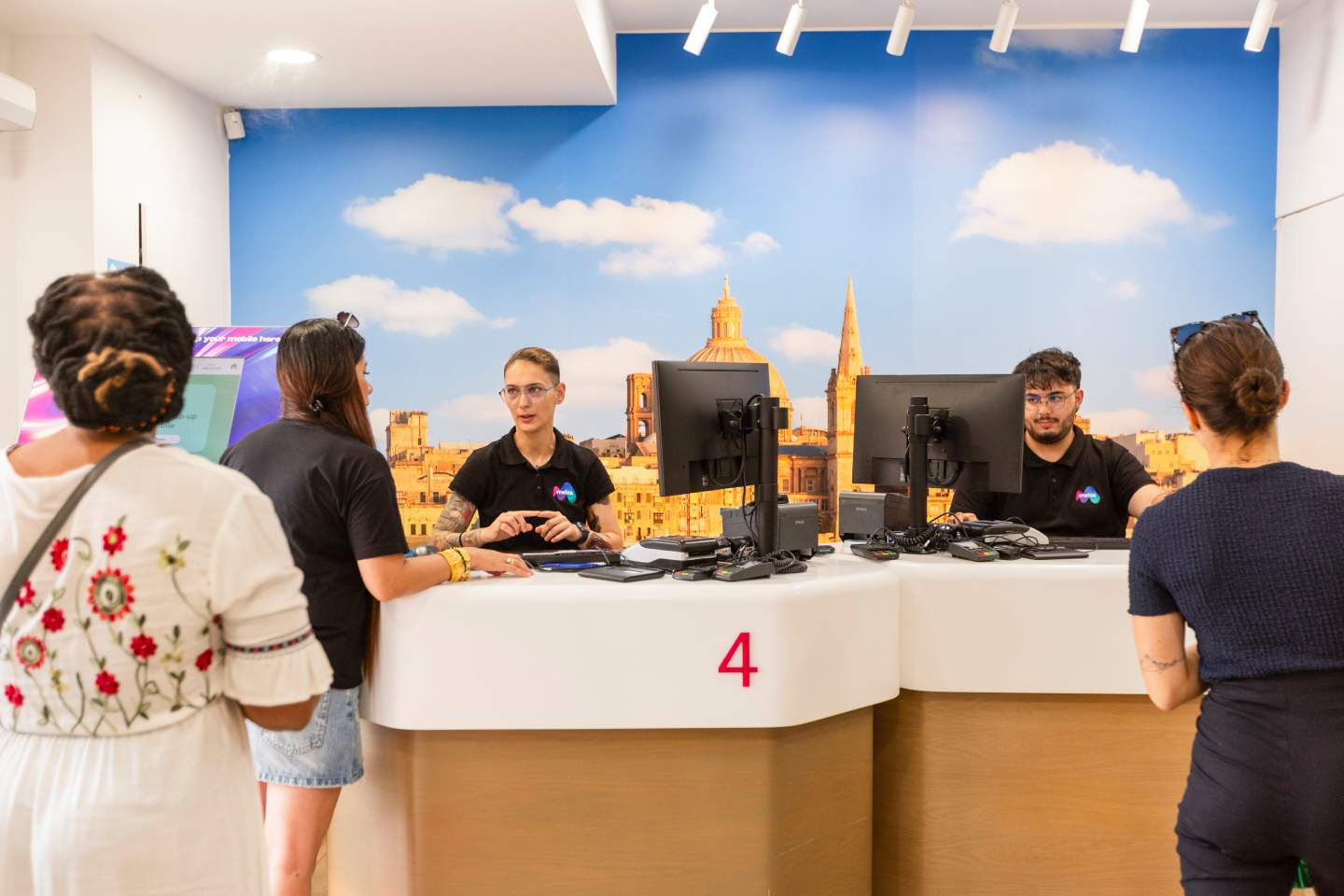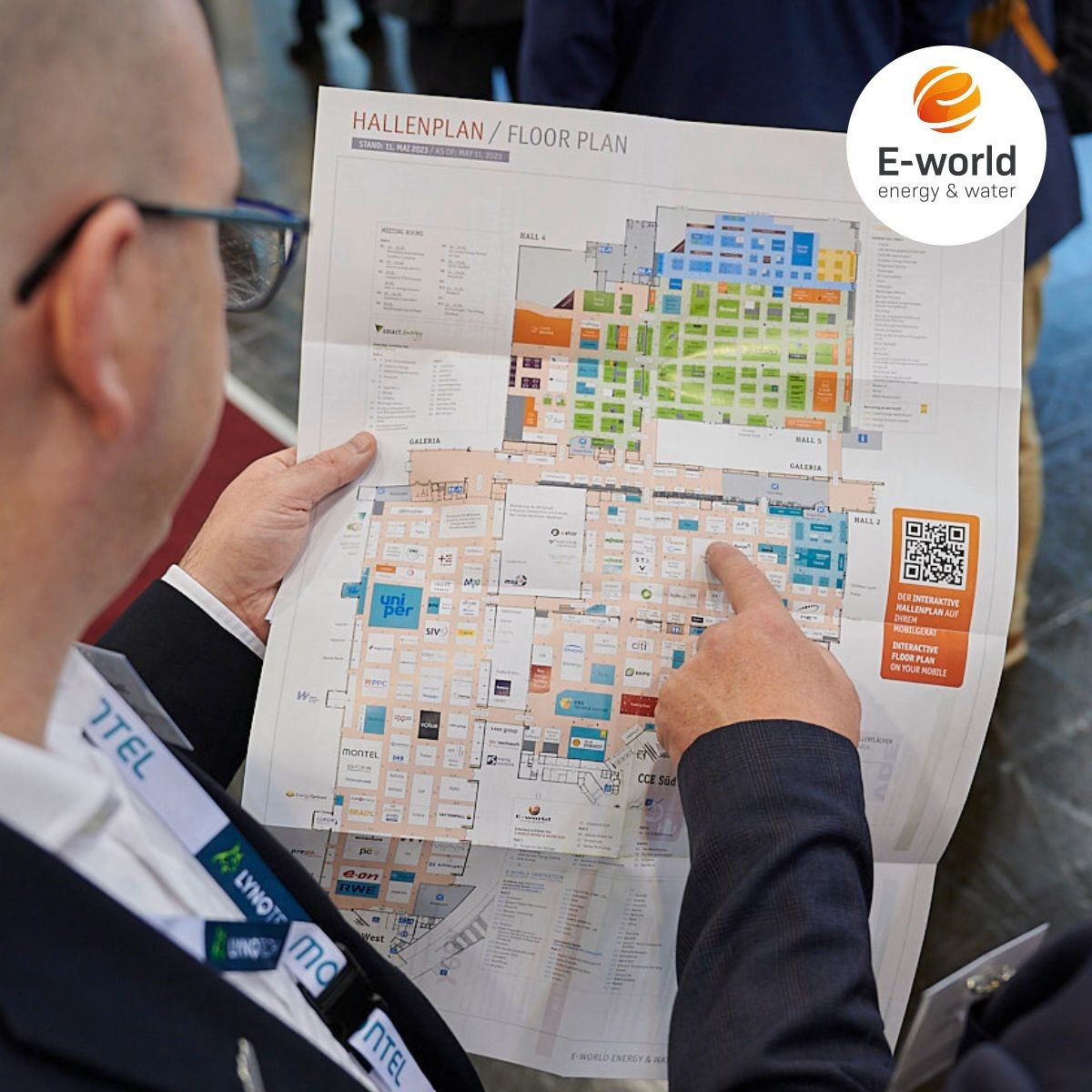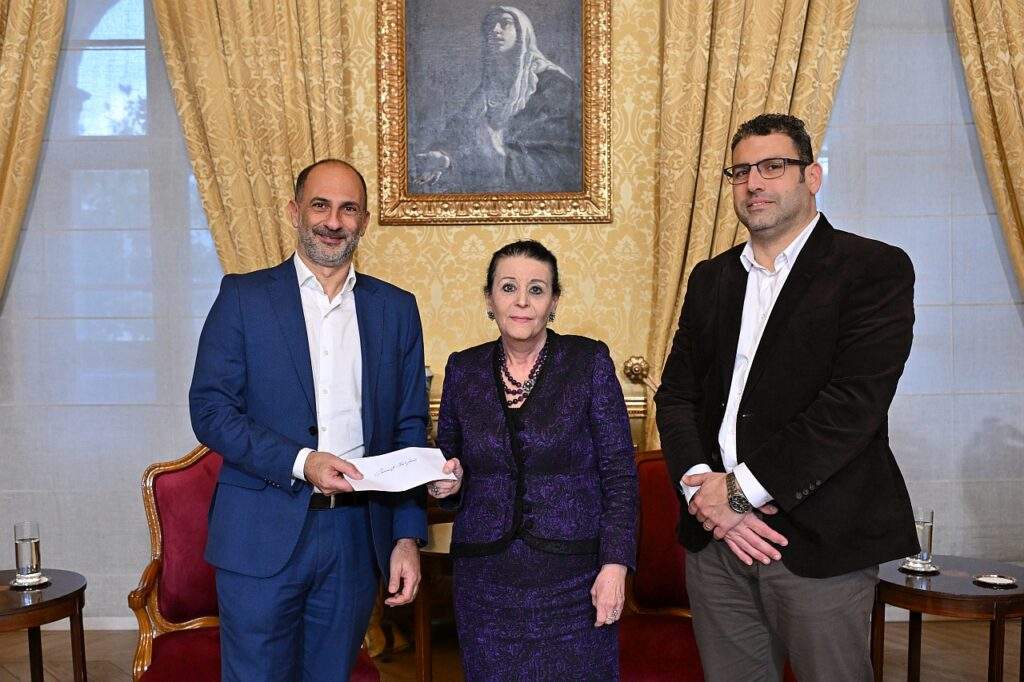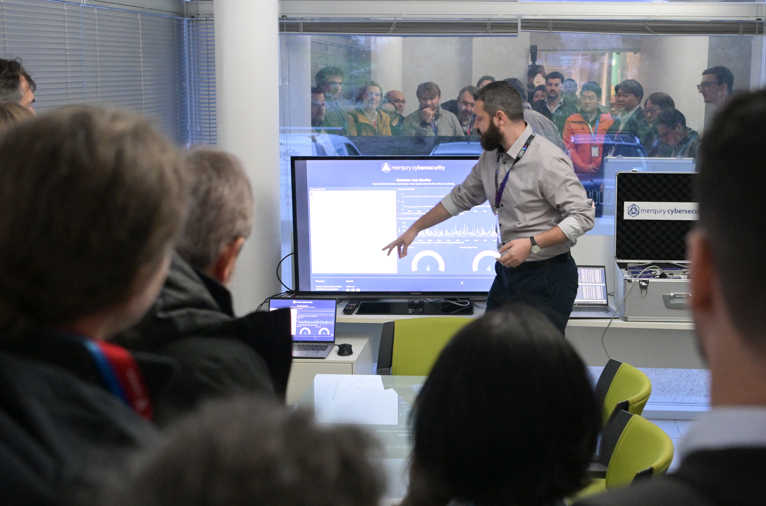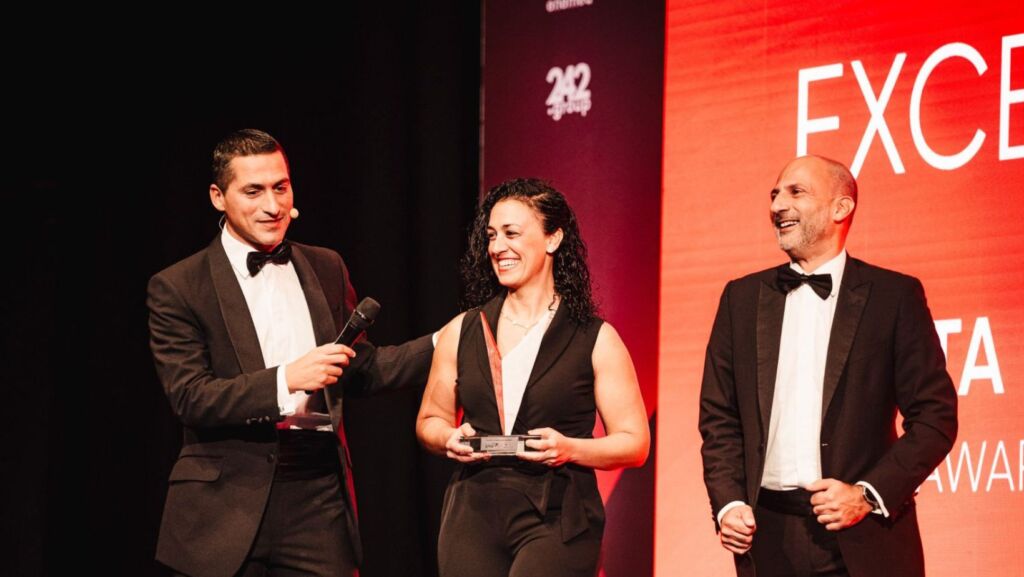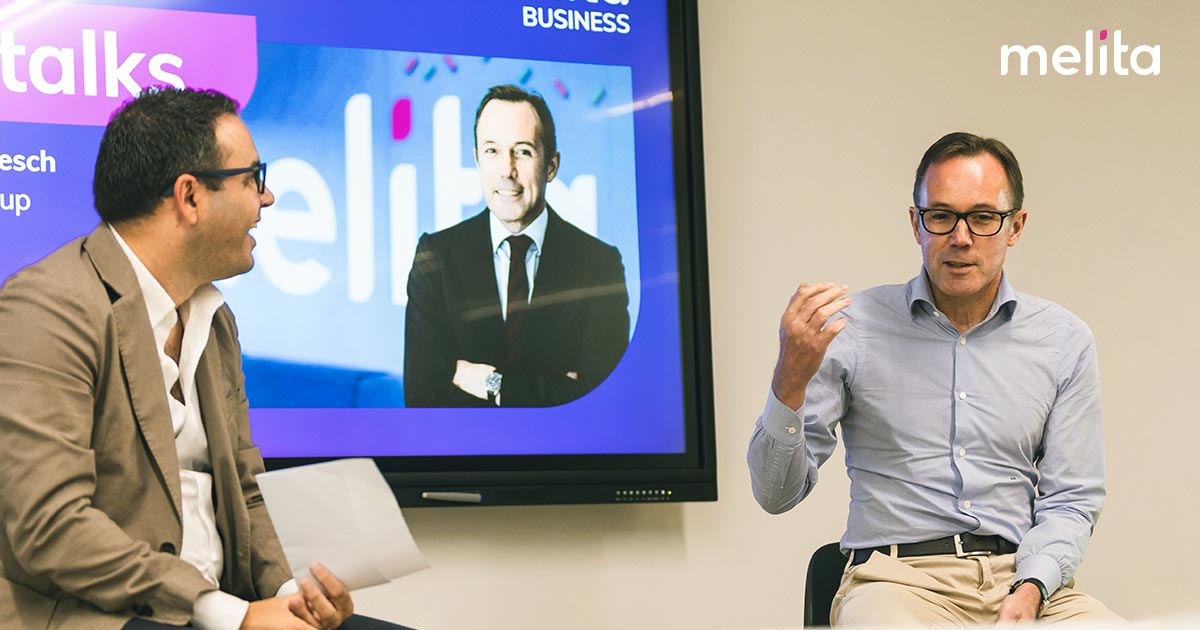
During a recent interactive session with the Melita Business team, Melita’s CEO, Harald Roesch, shared his journey and valuable insights on leadership. The session formed part of a series of talks between CEOs from leading Maltese business and Melita’s business team, tackling issues such as leadership, taking on bigger responsibilities at a young age, and the central role of sales and building relationships in an organisation.
Beginning his career in marketing during the late 90s, with an explicit focus on the internet, Harald’s expertise expanded as he transitioned from consultancy to Telecom Italia. At the young age of 33, he was entrusted with the responsibility to run a company in Germany, which marked his pivotal shift from managing a division to overseeing an entire organisation.
The Distinct Skill Set of a CEO
The transition from a managerial position to CEO necessitates a distinct skill set. While divisional roles tend to revolve around technology and numbers, the CEO’s purview encompasses multiple departments and demands proficient communication skills. As a CEO, one must be capable of convincing others to support their vision while also being receptive to ideas from various stakeholders. Striking a balance between taking charge and fostering a collaborative environment is crucial, as success in this role relies on cohesive teamwork rather than unilateral decision-making.
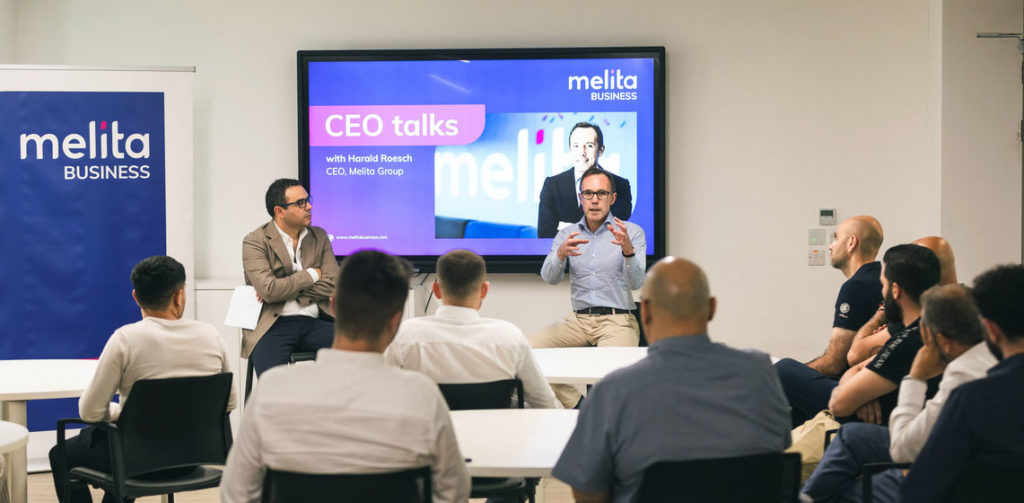
Team Success and Tangible Results
According to Harald, the fulfilment derived from being a CEO stems from two key aspects. Firstly, being part of a successful team working towards achieving collective goals provides an immense sense of satisfaction. Harald also acknowledges however that team dynamics can sometimes be challenging to navigate. Secondly, regardless of the outcome—whether positive or negative—seeing tangible results is an incredibly rewarding experience. Motivation plays a pivotal role in driving these outcomes, regardless of their nature.
Navigating Leadership Challenges
Leadership inherently comes with its own set of challenges. Striking a balance requires having a clear vision of the desired path and embracing reasonable ambition to work towards those goals. Managing upwards, particularly in dealing with boards, can be eased by prior experience in consulting, as Harald mentions. However, the true challenge lies in effectively managing downward, especially for more introverted individuals. Personal growth entails stepping out of one’s comfort zone, engaging with people, and honing public speaking skills. Harald recognises that this has been an ongoing process for him, highlighting the importance of developing effective leadership techniques.
The Vital Role in Organisational Success
Sales and selling play an indispensable role within organisations. Without sales, a company ceases to exist. Building relationships and fostering trust with clients and stakeholders is vital for successful sales. The ability to genuinely connect with individuals and understand their needs allows for a more natural and effective sales process. Harald believes that going beyond self-interest and focusing on client needs contributes to long-term relationships, serving as a foundation for sustained success.
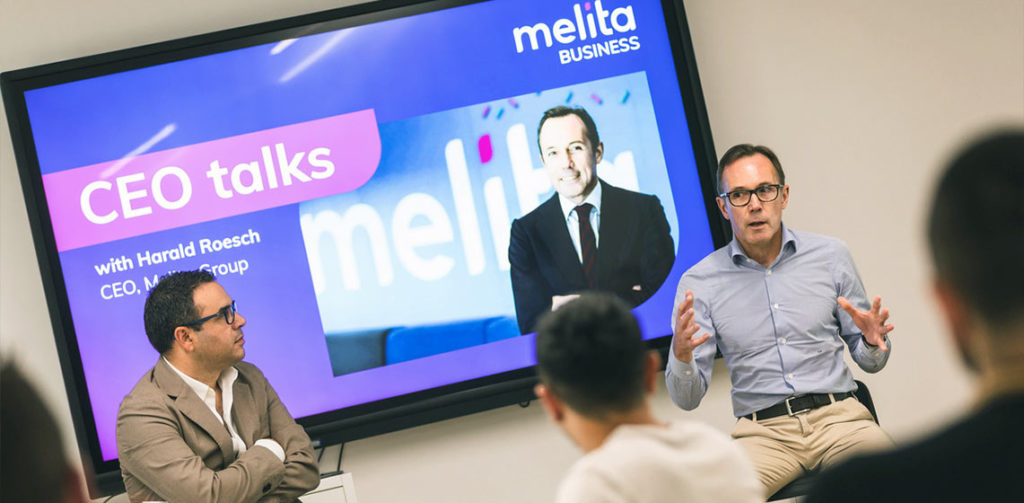
Work Ethics and Active Listening
When asked about advice for future leaders, Harald stresses the significance of work ethics. Effort and dedication directly influence output and results. A leader’s role also entails active listening, understanding the perspectives of others, and avoiding costly mistakes. Even as a leader with a distinct mission, Harald stressed the importance of attentively listening to others and considering their perspectives.
Addressing questions from the younger members of the Melita Business team, Harald underlined the necessity of trusting the skills of others and understanding that everyone possesses their unique leadership style. Balancing personal vision with team strategy is key to ensuring continued success.
Effective communication and alignment across departments are essential, although challenges may arise due to competing priorities and bottlenecks in the process. Continuously improving communication channels, streamlining services, and fostering dialogue are essential for minimizing these challenges.
Harald’s journey showcases the importance of adaptability and effective communication in navigating the transition from manager to CEO. His key advice to the team was on work ethics and active listening. Cultivating relationships resonates with the essential qualities of a successful leader.


